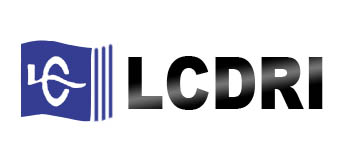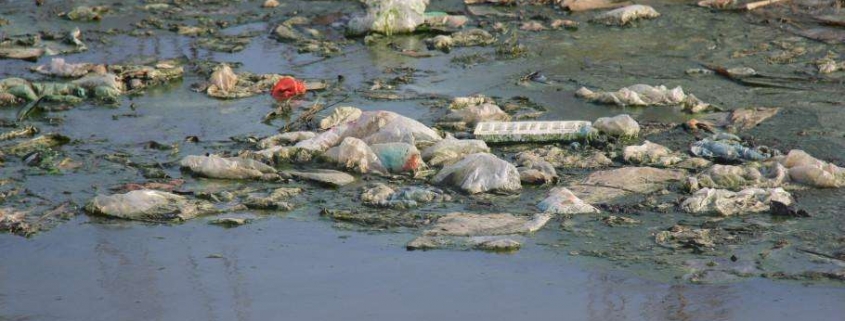Agricultural field
1. Waste pesticide bottles and packages:
It belongs to the hazardous waste hw49 with the waste code of hw900-041-49. However, according to the national list of hazardous wastes (2016 Edition), the collection process of waste pesticide packages produced by scattered farmers is included in the scope of exemption management, that is, the collection process is not managed according to the hazardous waste. If an enterprise intends to treat and dispose such wastes specially, its resource utilization and harmless disposal shall be managed according to hazardous wastes.
2. Waste agricultural film and animal manure:
It belongs to agricultural solid waste and does not belong to hazardous waste. According to the list of industrial solid wastes, waste plastics belong to the 13th category of solid wastes; in Article 20 of the law of the people’s Republic of China on the prevention and control of environmental pollution by solid wastes, it is clearly indicated that livestock manure belongs to the category of solid wastes.
3. Dead animals:
It belongs to solid waste and does not belong to hazardous waste. According to the animal epidemic prevention law, the carcasses of dead animals shall be treated innocuously in accordance with the provisions of the veterinary department under the State Council; the notice on Further Strengthening the supervision of the innocuous treatment of dead animals (nongyi Fa [2012] No. 12) issued by the Ministry of agriculture also clearly states that the animal health supervision agency shall be responsible for the supervision of the innocuous treatment of dead animals and animal products Management responsibility: the technical specification for harmless treatment of dead animals (nongyi Fa [2013] No. 34) specifies the technical requirements for harmless treatment of diseased animals. According to the reply to the opinions on the harmless treatment of diseased animals (HBH [2014] No. 789), the disposal project of animal corpses should not be recognized as the centralized disposal project of hazardous wastes, but should be supervised by the agricultural department in accordance with relevant laws, regulations and technical specifications.
4. Waste drugs and infusion needles in pet hospitals:
It belongs to solid waste and does not belong to hazardous waste. It is analyzed that there are wastes of non specific industries in hw01 of the national list of hazardous wastes, which need to be collected and treated for the prevention and control of animal infectious diseases. The waste code is 831-005-01. The waste drugs and infusion needles produced by pet hospitals should belong to this kind of situation. The author believes that there is a deviation in this understanding. If the State Council or local people’s government issues information or announcement that when there are animal epidemics such as mad cow disease, foot-and-mouth disease, chicken plague and rabies, such wastes should be collected and treated specially to prevent the spread of animal infectious diseases. Of course, it is necessary for local people’s governments to refer the waste generated by pet hospitals to the management mode of medical waste from the perspective of strict requirements and hazard prevention and control when the capacity of medical waste disposal units is surplus.
5. Crop straw and abandoned agricultural machinery:
It belongs to agricultural solid waste and does not belong to hazardous waste. If there is a large amount of residual waste oil in the waste agricultural machinery, and it is no longer used as fuel oil of other agricultural machinery, the waste oil and waste oil collected separately belong to the hazardous waste hw08, with the waste code of 900-249-08.
CONTACT US
Address: No. 22 Binhe Road, Luoyang City, Henan Province, China
Tel: +86 379 64318689
Cell: +86 18237958898
E-mail:sales@lcdri.com
OUR PERSPECTIVE
Technology innovation
Energy & resource saving
Environment protection
Search
OFFICE HOURS
Mon-Fri: 8:30-17:30



